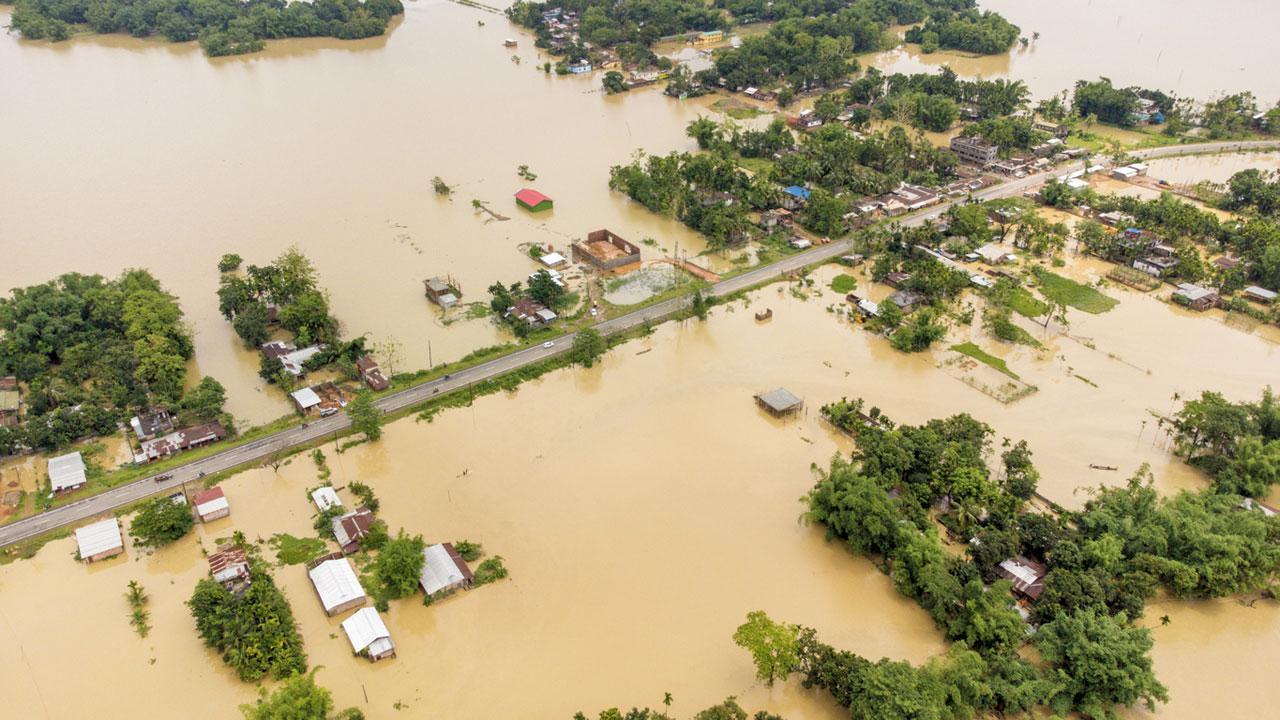They provide the first systematic observational evidence that climate change is making global rainfall patterns more volatile

Representation Pic
The past century of human-induced warming has increased rainfall variability over 75 per cent of the Earth’s land area, new research shows. The findings, by Chinese researchers and the UK Met Office, were published overnight in the journal Science. They provide the first systematic observational evidence that climate change is making global rainfall patterns more volatile.
Climate models had predicted this variability would worsen under climate change. But these new findings show rainfall variability has already worsened over the past 100 years. Past studies of the observational record either focused on long-term average rain, which is not systematically changing globally, or rainfall extremes where changes are hard to measure accurately. This study looks solely at variability, which refers to uneven timing and amount of rainfall.
The results are consistent with previous research. This means dry periods are drier than in the past, and rainy periods are wetter. Alarmingly, the problem will worsen as global warming continues. This raises the risk of droughts and floods.
Heeding the warning
This will challenge governments and communities in many ways, from managing scarce water resources to coping with natural disasters. We should start preparing for these future challenges now. And as this dire global problem worsens, the need to reduce greenhouse gases and global warming, becomes pressing.
This story has been sourced from a third party syndicated feed, agencies. Mid-day accepts no responsibility or liability for its dependability, trustworthiness, reliability and data of the text. Mid-day management/mid-day.com reserves the sole right to alter, delete or remove (without notice) the content in its absolute discretion for any reason whatsoever
 Subscribe today by clicking the link and stay updated with the latest news!" Click here!
Subscribe today by clicking the link and stay updated with the latest news!" Click here!










